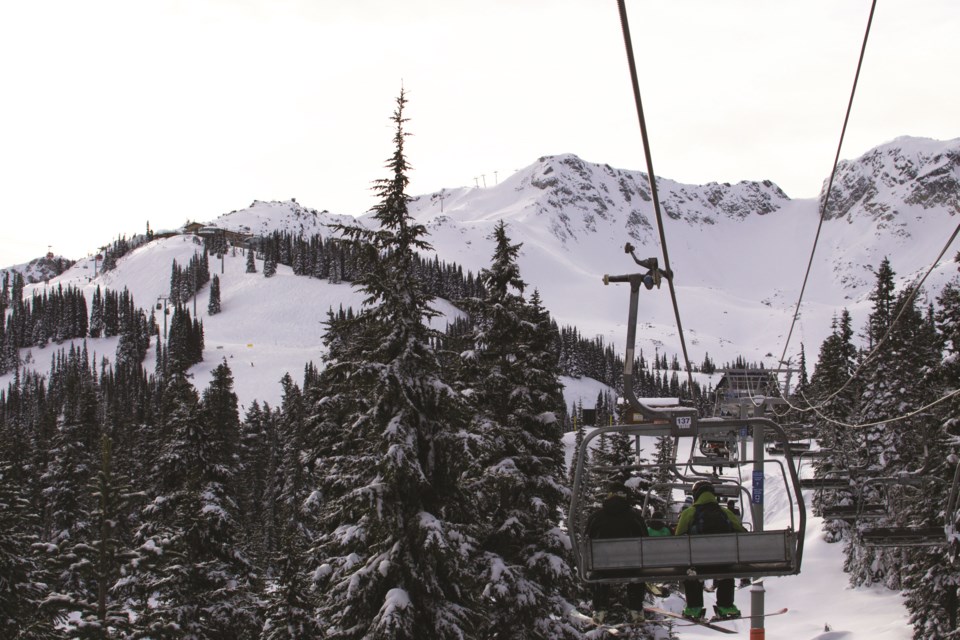A provincial tourism task force has unveiled its recommendations for saving the decimated industry, and government has responded with $105 million in funding supports—but there is more work to do.
Of seven recommendations listed in the task force’s final report issued in early December, the government is acting on the first three (which will allocate $100 million in emergency funding for tourism operators, and a further $5 million for Indigenous Tourism British Columbia), said Melanie Mark, minister for Tourism, Arts, Culture and Sport, at a press conference on Dec. 22.
“I recognize that people are struggling, and that this has been a very, very difficult 10 months,” Mark said, before invoking the hopeful message of Provincial Health Officer Dr. Bonnie Henry, who “has been our lighthouse in many ways, to give us light, and to give us faith and hope.
“I hope that this response from government is going to give some much needed relief for the tourism industry.”
Could B.C. do away with 14-day quarantines in favour of a travel-friendly, risk-based approach?
While the long-term outlook for tourism in B.C. is strong, operators who just endured a rough summer and fall are now staring down a tough winter, said YVR president and CEO (and Tourism Task Force chair) Tamara Vrooman.
“I’m delighted that the government has responded to the very important first three recommendations of our Tourism Task Force,” Vrooman said.
“We really hope that [government is] able to take a look at the remaining recommendations that we have in place—things like rapid testing and screening for COVID-19 to support safe travel while the global immunization program proceeds, and establishing healthy travel corridors with markets that have achieved similar success that B.C. has in mapping the pandemic—those are all medium-term things that are all needed in order to support recovery.”
One suggestion in the report is to do away with blanket, 14-day quarantines, instead opting for a risk-based approach that is more conducive to travel.
Things like rapid testing and healthy travel corridors within defined bubbles “could allow for the safe movement of people domestically and internationally, and restore confidence and social license,” according to the report.
Another recommendation is to defer or relieve fixed costs such as property taxes or utility rates, postponing them until December 2022, or “forgiveness for any fixed costs under the purview of the provincial government”—but at this point, the ministry’s focus has been on getting money to those who need it, Mark said.
“We are responding to that initial call to action,” she said.
“I think some of the bigger, more systemic issues, I’ll be working with my colleagues across cabinet. For right now… we wanted to focus on these three recommendations.”
Whistler tourism operators grateful for support
Mark’s funding announcement is welcomed in Whistler, and the $105M in grants dedicated specifically to tourism businesses will be “a welcome relief,” said Tourism Whistler president and CEO Barrett Fisher.
“A streamlined and accessible grant application process is also critical to ensuring these important funds get into the hands of businesses sooner than later,” she said.
“Future supports, such as prioritizing rapid testing and creating healthy travel corridors to open up travel, as well as offering resident travel incentives, supporting future event and sport tourism bids, and investing in tourism infrastructure, will all be important initiatives to support tourism in the mid- to long-term.”
Tourism operators in Whistler rely on peak summer and winter periods to stay sustainable year-round, Fisher added, noting that this December “will be quieter” than in the past.
“We are therefore looking forward to more buoyant times ahead in 2021 and beyond.”
Tourism operators can apply for funding through the Small and Medium Sized Business Recovery Grant.




